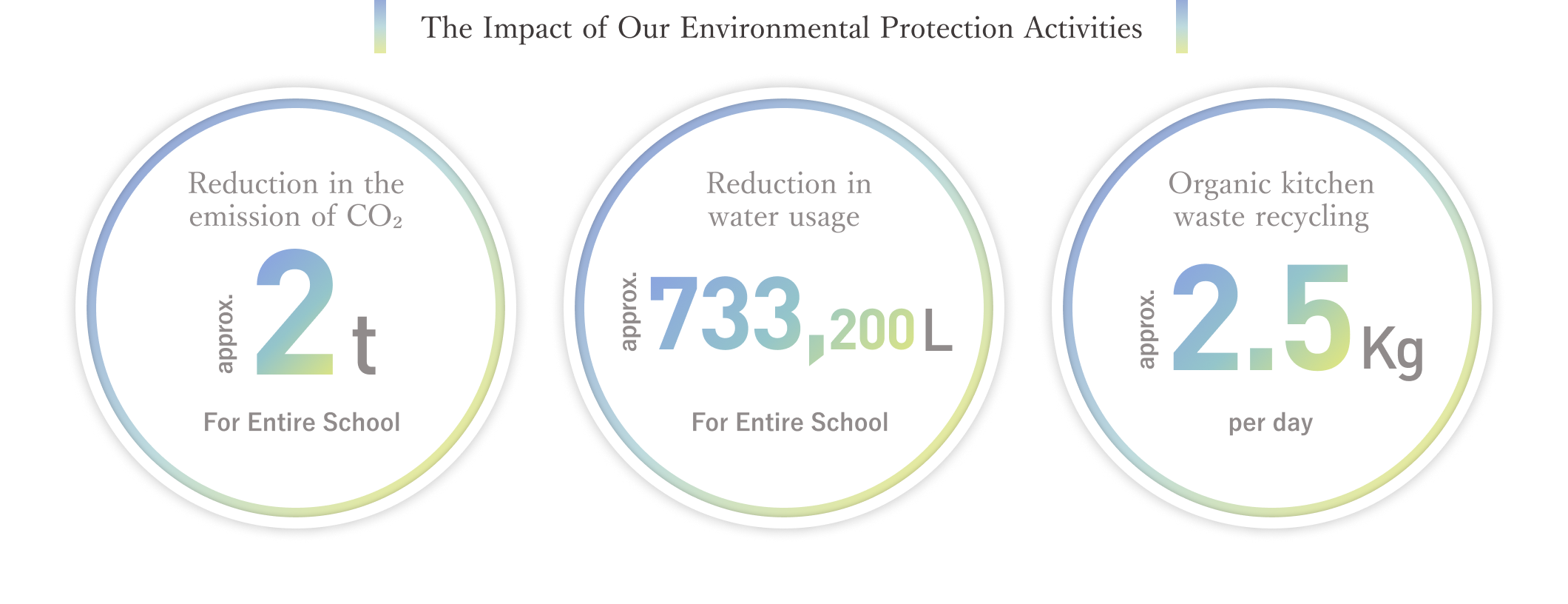
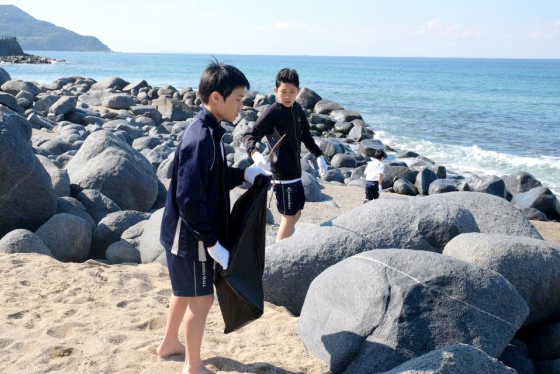
As an educational programme necessary for modern society, “Environmental Science” classes have been taught since the school opened. Due to our providing an “English Immersion Education” and “Environmental Science classes” as part of our curriculum, Linden Hall School has been designated as a “school that provides a specialized curriculum” by the Ministry of Education, Culture, Sports, Science and Technology. In the “Environmental Science” classes, students learn from different perspectives about the environment and environmental issues such as global climate change, energy and food issues as well as take part in activities such as beach cleanups and ecological surveys. Additionally, in our special “Insight” classes we provide opportunities for students to listen to lectures directly from experts working on environmental issues. In these ways, we encourage students to recognize that environmental problems are relevant to their own lives and that they too can make a direct impact by working to solve these problems.
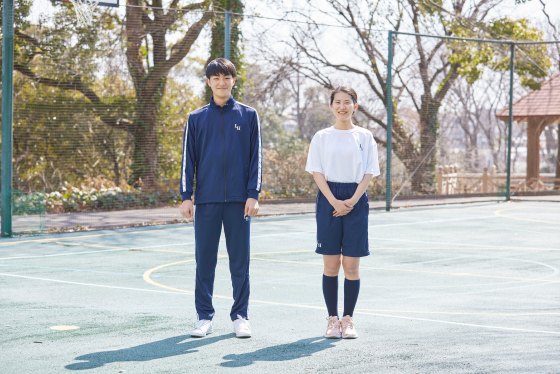
From 2021 to 2022, volunteer members of our student body reviewed the sustainability of their gym clothes - from the materials to the manufacturing process - and carried out a project to re-design them to make them more sustainable. As a result of this project (which was implemented in collaboration with an external company) a new PE uniform, made using “circulating polyester” that can be recycled semi-permanently, was introduced. In turn, when our students graduate, any gym clothes that are no longer needed will be sent to a recycling factory to be “reborn” as gym clothes for a new grade.

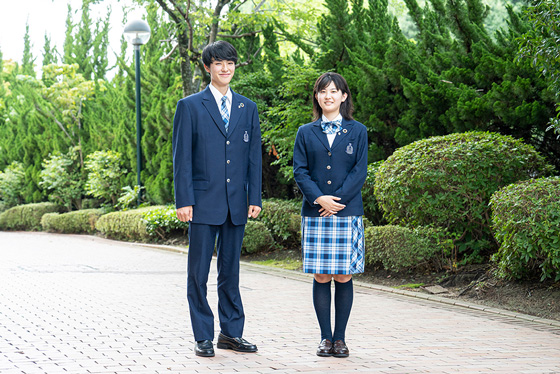
To participate in the uniform recycling project and to donate uniforms that are no longer needed after graduation, please follow the link to the uniform recycling activity “Re-Ring School”. In this project sponsored by Akashi School Uniform Company, Inc., uniforms that are no longer worn will be recycled into new clothing.
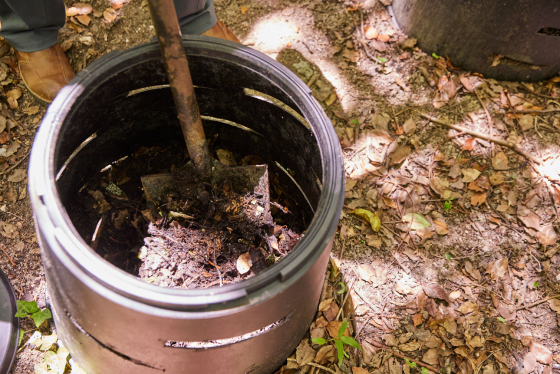
Organic kitchen waste, such as leftovers and the skins of vegetables and fruit produced during the making of school lunches, are made into compost which is then used for growing plants in the school. It is also a way for us to foster an understanding of the circle of life, an appreciation of the preciousness of food, and the wisdom of making the most of available materials by avoiding unnecessary waste. At the same time, it provides an opportunity to raise awareness of social understanding, e.g. environmental issues and food loss. Additionally, by making our school lunches organic we contribute to reducing the load on the soil.

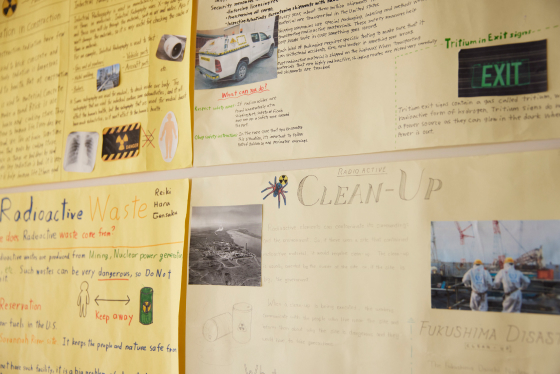
The ESD (Education for Sustainable Development) Committee, which consists of junior and senior high school students, is working toward the sustainable development of society. Students will acquire the ability to research and make presentations on various environmental problems, share information, and think about solutions to problems. In addition to increasing knowledge, we are also making efforts to raise awareness through activities such as making presentations and posters, so that the entire school will become interested in environmental issues.
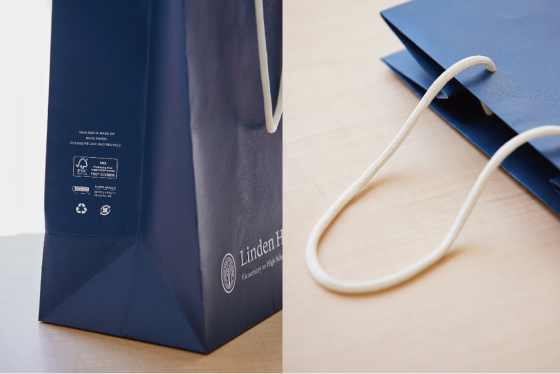
The handle’s string is made of knotted paper. All parts from the handle to the bag are made of paper, so 100% of it can be recycled. The paper we use is Forest Stewardship Council (FSC) certified. FSC certification is known to be the world’s most trusted and respected forest certification system, and our adoption of its certified paper expresses the value we place in our forests as well as the people and creatures living there; we seek to preserve them for future generations.
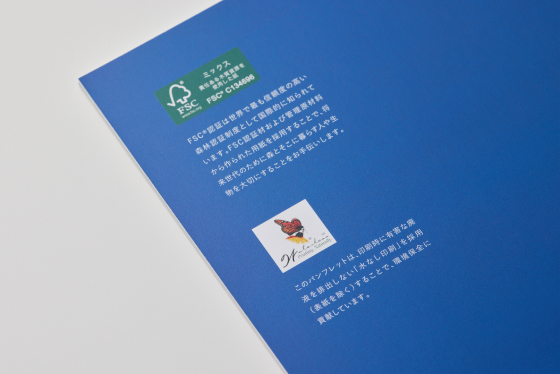
Our pamphlets are printed on Forest Stewardship Council (FSC) certified paper. As FSC certification is internationally known to be the most reliable forest certification system in the world, by adopting its certified paper, we are expressing our appreciation for our forests. In addition, as a printing method, we have adopted “waterless printing (butterfly mark)”, which does not discharge harmful waste liquid during printing, thus contributing to environmental conservation.
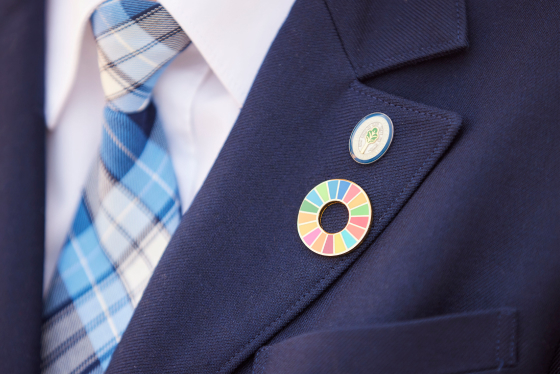
Since its foundation, our school has been conducting environmental education as part of our aim to provide an education necessary for modern society, and we continue to tackle environmental problems from a global perspective. There is a great deal of overlap between these efforts and the goals of the SDGs. We believe that it is necessary to continue to think about all environmental issues on a global scale, and our students proudly wear their SDG badges as a mark of their support and commitment.

Loading